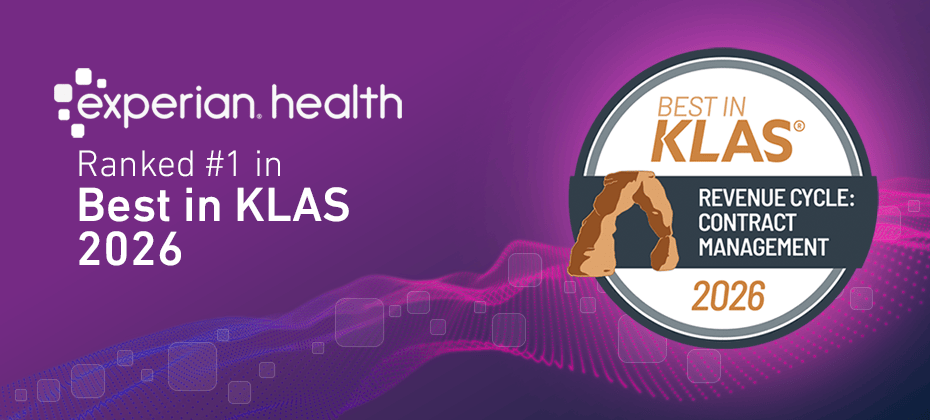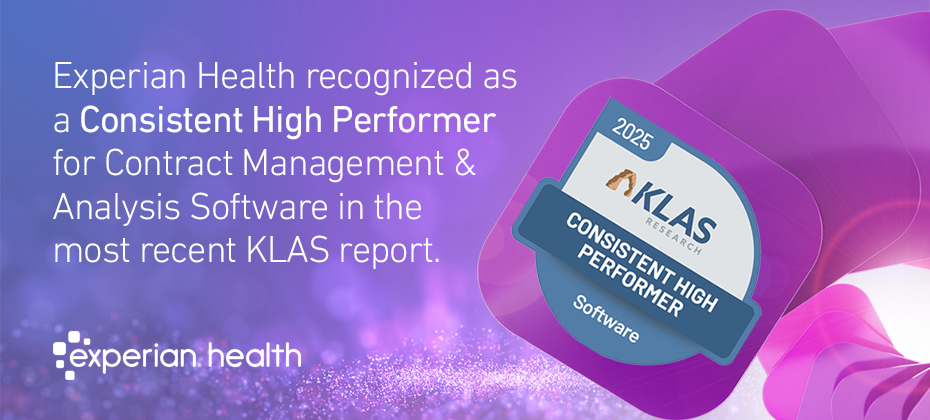
Providers and payers have an obligation to fulfill contractual obligations to one another. However, mistakes happen, and when they do, they can be costly. More and more, providers are turning to healthcare contract management technology to ensure accountability, protect against revenue losses and streamline efficiencies – all while improving the relationship between providers and payers.
Finding the right contract management solution (and technology partner) is critical for contract managers who want to meet the challenges of today and tomorrow head-on. This article explores how healthcare organizations can benefit from adopting contract management technology and key features to look for when choosing a contract management solution.
Understanding healthcare contract management
Healthcare providers need reassurance of proper reimbursement, while payers are focused on cost control. Healthcare contract management encompasses the many processes providers use to negotiate, execute and audit payer contracts. As services (and financing) evolve in complexity, contract management helps providers and payers avoid costly disputes and maintain effective working relationships. A robust contract management system in healthcare quickly and efficiently pinpoints potential issues to ensure providers are paid per contract terms and payment policies — maximizing revenue recovery.
Challenges in managing healthcare contracts
Managing healthcare contracts can be complicated. Key challenges in healthcare contract management often include:
- Complex negotiations: Managing thousands of contracts with multiple plans and provisions can be time-consuming and overwhelming, especially with ever-evolving regulatory requirements.
- Limited data visibility: To evaluate contract terms effectively, contract managers need to factor in performance data for existing contracts and current figures for patient mix and volume, which can be challenging when accessing the right data and models is difficult.
- Claim denial conflicts: Payers reportedly deny 15% of all claims initially. When claims are denied, it can lead to disputes over payments and contract interpretations, straining relationships and disrupting revenue cycle performance.
- Inefficient processes: Disjointed paper processes, manual systems and miscommunications often lead to errors, delays and wasted dollars during contract management.
Benefits of healthcare contract management technology
Healthcare organizations that embrace contract management technology typically see the following benefits:
Maximized revenue recovery
Contract management software, like Experian Health’s Contract Manager, increases revenue by validating reimbursements and reducing underpayments. Through automated oversight of payer contracts, providers are easily able to validate reimbursement accuracy by comparing expected allowed amounts to actual allowed amounts. Contract Manager also pinpoints variances buried in contract clauses, so providers avoid missing out on potential reimbursements, and provides support for contract-based appeals to recover underpayments.
Stronger contract negotiations (and relationships)
Contract management technology allows providers to evaluate existing contract results and use that information to assess proposed terms for new contracts. As a result, providers are empowered to negotiate stronger terms with payers. Improved contract negotiations often mean more effective communication and quicker resolutions, too, leading to stronger provider-payer relationships.
Improved workflow efficiencies
Automated workflows in contract management software combine data to process claims faster and at scale. This translates to a more predictable revenue cycle, improved cash flow and lower administrative costs. Instead of managing contracts, staff are freed up to focus on patient care and revenue-building activities.
Hear how Experian Health’s Contract Manager solution helped Boston Children’s Hospital resolve underpayments and collaborate with payers to ensure every dollar is recovered.
Key features to look for in contract management solutions
Contract management technology helps healthcare providers stay ahead of some of the key challenges in healthcare contract management. Key features to consider in contract management solutions include:
- Scalability: Flexible single solution that enables users to easily audit claims across an entire organization – whether one medical group or a large health system.
- Automation of manual tasks: Accurate authorization rules and rates are automatically populated to reduce manual effort and potential errors.
- Real-time reporting: Configurable online dashboards that provide staff with immediate access to reimbursement reports to monitor contract performance and quickly compare expected and allowable amounts.
- Contract analyst team: Dedicated contract analysts assess the provider’s contract terms, fee schedules, carve-outs and payment policies.
- Regulatory compliance: Built-in features, like contract mapping and claim valuation logic, that reduce the risk of audits and penalties, plus automated alerts to help providers make sure contracts remain with current healthcare regulations.
Watch the webinar: Hear how OrthoTennessee used Contract Manager to validate reimbursements, pursue bulk appeals and recover underpayments at scale.
Future trends in healthcare contract management
As providers grapple with continued complexities in contract management, regulatory shifts and staffing shortages, contract management technology will likely remain an important tool for providers that want to level the playing field. Providers can benefit from choosing innovative solutions that help them stay ahead and do more with less – like Experian Health’s Best in KLAS award-winning Contract Manager.
Clarissa Riggins, Chief Product Officer at Experian Health, says, “In the ever-evolving healthcare landscape, our Contract Manager solution has once again been recognized as the #1 Revenue Cycle Management tool by KLAS for the third consecutive year. This prestigious ranking underscores the significant value our solution delivers to our clients by identifying underpayments and facilitating revenue recovery. We are honored to continue supporting our clients with innovative solutions that drive financial success and operational efficiency.”
Find out more about how Experian Health’s contract management software for healthcare providers validates reimbursements, reduces revenue loss and strengthens relationships with payers.


